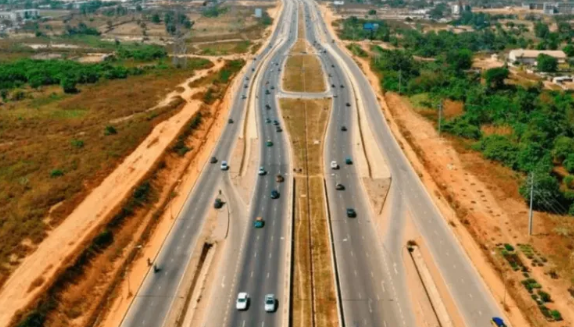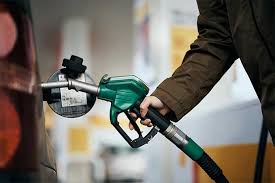Afenifere, the pan-Yoruba socio-cultural group, has said that the federal government’s 700-kilometre LagosCalabar Coastal highway is illegal, environmentally catastrophic and urged the government to halt it because it’s of no economic benefit alleging that it is a Apart from being moves to convert Nigeria’s coastline to nepotistic private business.
The group added that the $13 billion Lagos project is not only environmentally and economically disastrous, but irrationally replaces the 1400km $12 billion Lagos-Calabar railway project along East-West Road, adjudged to be the single most important economic empowering infrastructural development project in Southern Nigeria in over 100 years, commissioned by both the Jonathan (2014) and Buhari (2021) governments.
Articulating its position in a statement signed by Prince Justice Faloye, of its Publicity Department, the group said that “the Lagos-Calabar Coastal Highway project is illegal, for not only breaching competitive tendering stipulations, but for also contravening the Environmental Impact Assessment Act, as stipulated in EIA Decree No. 86 of 1992, which places the project type in Category 1 and affecting the natural environment, making an ESIA report mandatory before commencement.”
Accordingly, the 2021 Environmental Assessment Procedures and Charges would have taken six months from May 29 when President Bola Tinubu came to power to secure a genuine approval report, involving series of stakeholder’s meetings, multiple visits and studies of the environment to be impacted by the highway, especially since the 700 km coastal Highway will affect the natural fauna, the coastal mangrove swamps that serve as natural barriers against tidal waves.
“With the contract awarded in September 2023, an Environmental and Social Impact Assessment and a separate RAP (Resettlement Action Plan) was obviously not done as stipulated by law, to know the effects on existing business and the beaches of the area? Also, the 1.5km change in the previous plan by 1.5km required a new assessment before going ahead.
“Why does the federal coastal highway have to come far into town, to start from Chagoury private business, instead of stopping at the state Lekki-Epe expressway? Not only in saner climes, but even Oyo State is building a circular road for travelers to link to other routes without coming into Ibadan.
“ The group wondered why the political leadership and intelligentsia continued to build highways that would not last due to the weight of trailers, adding that “In USA and Europe, railways were built before roads. In a developing nation like ours a lot of cement and steel is transported, and without railways, their weight will destroy the roads no matter how concrete they are built. Railcars carry at least 13 times the load weight of trucks.
“The East-West Road is on solid ground closest to the coast, so what’s the benefit of building a new highway in swamps, being more expensive and environmentally destructive. Moreover, the $13 billion Coastal Highway doesn’t include the cost of the railway along its divide. What informed the choice of the $13 billion 700km coastal highway over a $12 billion 1400 km railway that would stimulate the local economy of over 20 towns?
“Unlike sparsely populated marshes, the East-West Road railway will make it easier to build feeder railways to Ife, Ilesa Ondo, Akure, Ado Ekiti, Owo and every corner of Ogun, Osun, Ondo and Ekiti states, instead of ‘fetching’ the railway from the ocean. Is it a case of financing, whereby roads could be built by local contractors versus railways that might need foreign paid contractors?” The group said that in addition to being a better transportation mode, railways share development and operating costs of an industrial complex.
“Agriculture accounts for 38% of our employment and 24% of our national income compared to the mere 1.6% combined income of Iron and Steel, Plastic and Rubber, Electrical and Electronics that a railway complex-led industrialization can multiply exponentially to reduce unemployment and poverty. Also, Agriculture’s 40% wastage would be reduced with better storage, freezing containers and faster transportation. Logistics and other services will blossom within the railway industry that needs about 50,000 components suppliers, as well as in chemicals, plastics, rubber industries.”

























![#Edodecides2024: Obaseki calls for calm, hints at legal action [VIDEO]](https://thediscovererng.com/wp-content/uploads/2024/09/download-6-3-120x86.jpeg)


